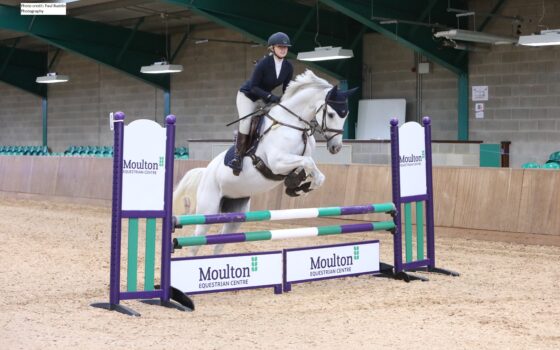Explore by career
Purpose built facilities

Take a tour of our facilities
Our next open events are
-
Moulton Campus - Open Event October 2025 (Further and Higher Education)
Saturday 11 October 2025, 9am - 1pm -
Higham Ferrers Campus - Open Event October 2025
Saturday 11 October 2025, 9am - 12noon -
Moulton Campus - Open Event November 2025 (Further and Higher Education)
Saturday 15 November 2025, 9am - 1pm







